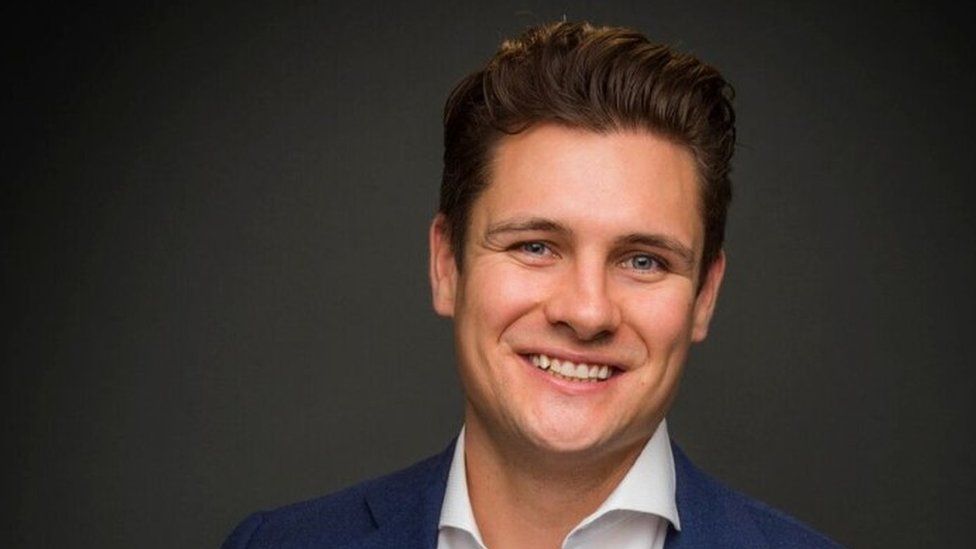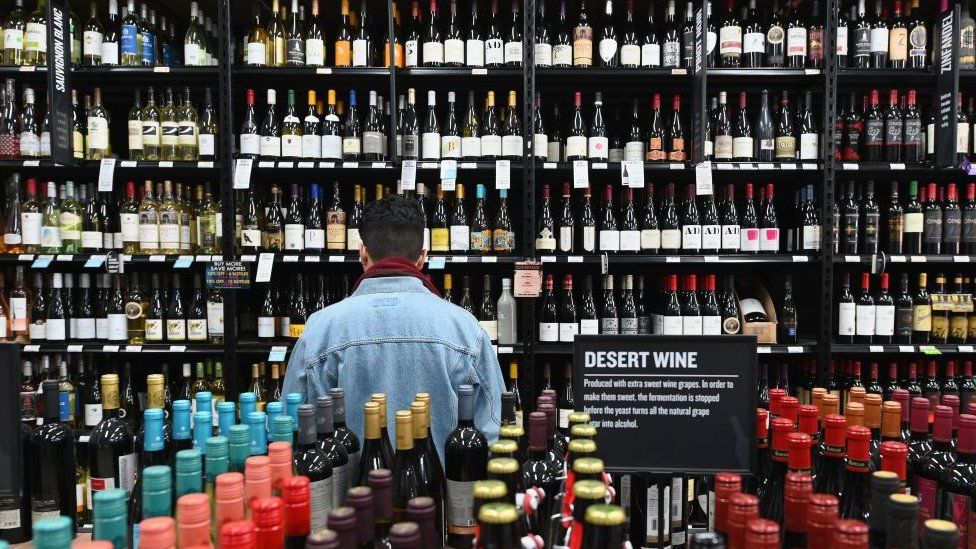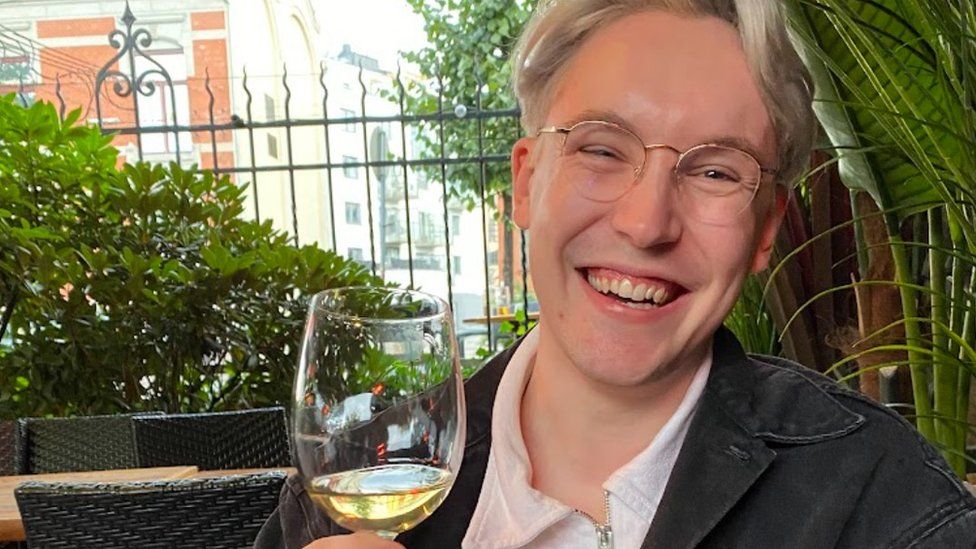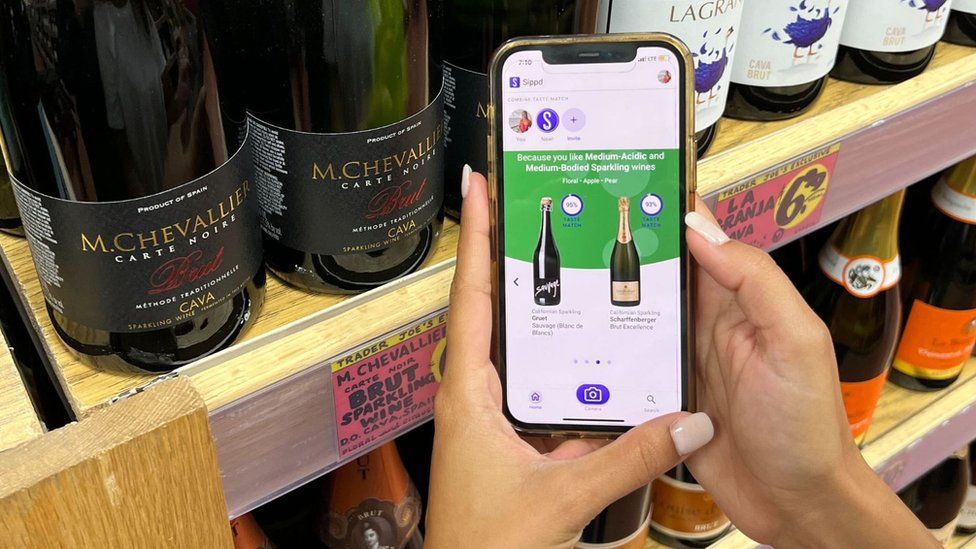Though, at least for now, artificial intelligence (AI) cannot taste or smell, it is increasingly assisting consumers in selecting a good bottle of wine.
Sippd, a wine recommendation app powered by artificial intelligence, was inspired, according to Blake Hershey, by his wife.
He is their shared wine expert, so while she was away with friends one weekend, she texted him frequently from restaurants seeking his advice.
According to Mr. Hershey, the circumstance made him realize that there should be a simpler method for people to choose a bottle they'd enjoy, whether in a restaurant, supermarket, or wine shop.
Despite technological advancements, he claims that asking the wait staff for a recommendation when they don't know your preferences after poring over lengthy wine lists filled with cryptic wine terminology seemed archaic to him.
Sippd, a US-based company that will launch its app there in 2021, was thus conceptualized. While market leader Vivino and other wine recommendation apps are increasingly incorporating AI, Sippd stands out because it was built on the technology from the start.

The first step for new users is to take an online wine quiz to determine their preferences for wine characteristics like color, body, acidity, flavor, sweetness, and price.
The AI software of the app then performs the "heavy lifting," producing tens of thousands of tailored wine recommendations it refers to as "taste matches.". These are scored in terms of percentages, with 100 percent being the ideal score for a perfect match.
Sippd will then provide you with your taste match scores for each bottle as you begin scanning wine lists or labels with your smartphone's camera.
When the user tells the app about his or her wine purchases, Sippd keeps picking up new information. The objective is to increase the accuracy of the app's personalized recommendations.
"Beginner drinkers are typically overwhelmed by the variety of options they have when buying wine, and they frequently have no idea where to start learning about their preferences toward certain flavors, characteristics, and styles," he claims.
As a result, our team created the introductory quiz to give new drinkers a straightforward, approachable way to delve into the vast world of wine. ".
Sippd, based in Maryland and currently only accessible in the US, has 100,000 users and is a free app to use. By inviting customers to order suggested wines directly through the app for delivery, the company makes money.

In Norway, tech entrepreneur Nicholas Benz debuted the initial iteration of FinpVin, his AI-driven wine recommendation app, in 2020.
According to Mr. Benz, the AI is a "living, breathing thing" that adapts to a user's preferences and continuously improves its recommendations.
While Mr. Benz is considering the possibility of expanding abroad, the app currently only functions with wines offered at Norway's state-owned liquor stores.
He adds that his current goal is to teach the AI to "create distinct personalities for wines based on their characteristics," with the goal of making the wines "talk.". ...or for the AI to at least pretend to be a talking wine.
"I'm also creating a social network where wine is the star, and each wine uses artificial intelligence to share social media updates like pictures and texts. Even a wine can be interacted with by users to learn more about it. ".
A series called "New Tech Economy" examines how technological innovation is going to influence the new, emerging economic landscape.
However, there are differing opinions among qualified wine experts about such apps.
John Downes, a master of wine and holder of the highest accolade in the field, says, "Overall, I think they can be really good, if used properly.". In a way that the wine industry frequently fails to do, these apps connect with people, the average Joe.
"They have a great potential to advance people's lives and deepen their understanding of wine. ".
Wine writer Jamie Goode is much harsher, claiming that wine apps "often promise a lot, but fail to deliver.".
"The challenge with trying to match wines to consumers is - how do you break down a wine into its component parts, and then understand their nature and qualities in a meaningful way that gives you data to play with in an app," he says.
If you want to find a more intriguing bottle to drink, visit a genuinely good independent shop or website, which will have a carefully chosen range of wines. And how can the app know about the tens of thousands of different wines made each year, with numerous vintage variations? ".

Sandra Wachther studies the ethical and legal ramifications of AI as a professor of technology and regulation at Oxford University. You might assume that she would support AI-powered wine apps since she is a world authority on the subject of AI.
Instead, she asserts that this is a situation in which people should make an effort to find a good bottle on their own, without the aid of technology. "Instead of listening to [app] recommendations, we might prefer to enjoy ourselves while grazing and tasting different foods and beverages.
"We might like to use our own eyes and noses as guides and value being surprised by food or drink. While AI has a lot of exciting potential applications in our society, some fields of expertise might be better left to humans. ".
The chief marketing officer of Sippd, Alicia Ortiz, disagrees, arguing that the app's sole purpose is to assist users, particularly novice wine drinkers, "so they no longer have to roll the dice or spend unnecessary time researching, when they could be just sipping and enjoying."







